Apply Now & Get Fastest Sanction Offers
Home Loan Overview
Owning a home is one of life's most significant achievements, representing security, stability, and the foundation for building your future. At FinLends, we understand that purchasing a home is not just a financial investment – it's an emotional milestone that deserves expert guidance and support. Our comprehensive home loan consultancy services are designed to transform your dream of homeownership into reality through personalized solutions and competitive financing options.
A home loan is a secured form of credit that enables individuals to purchase residential property by borrowing funds from financial institutions. The property itself serves as collateral, making it one of the most affordable borrowing options available in the market. Whether you're a first-time homebuyer looking for your starter home, upgrading to a larger space for your growing family, or investing in premium real estate, FinLends provides end-to-end home loan assistance tailored to your unique financial circumstances.
Our experienced team of loan consultants works with a vast network of leading banks, NBFCs, and financial institutions across India to ensure you receive the most competitive interest rates, flexible repayment terms, and hassle-free processing. We simplify the complex home loan process, guiding you through every step from application to disbursement, ensuring complete transparency and peace of mind throughout your homeownership journey.
Our Trusted Lending Partners
Empowering Your Financial Goals with Trusted Lending Partners








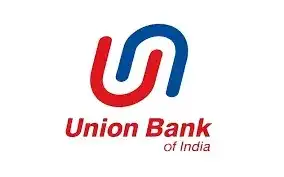


















































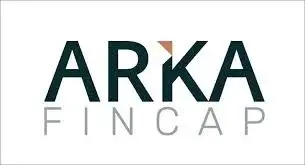






































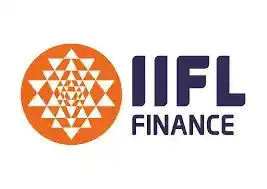

























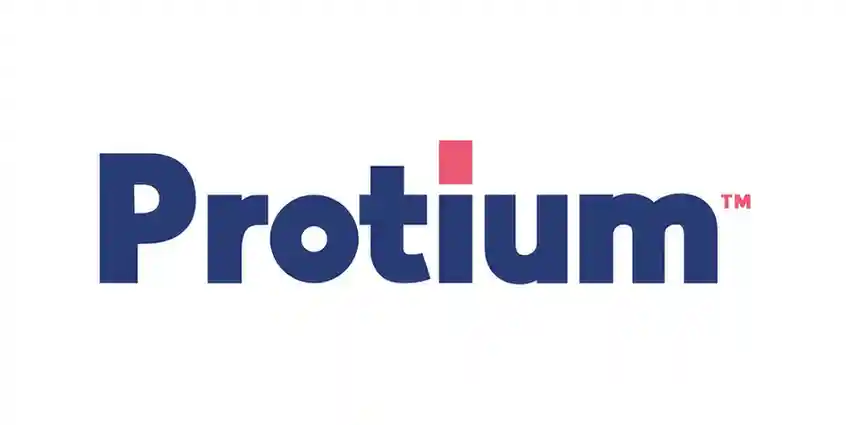




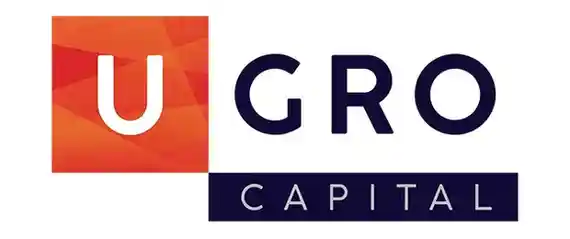
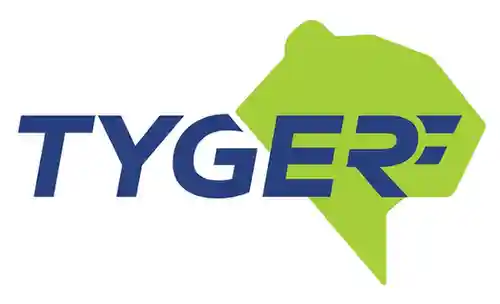












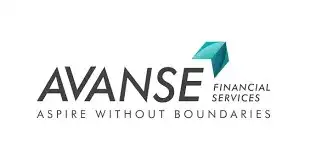


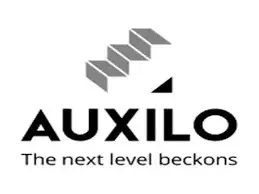



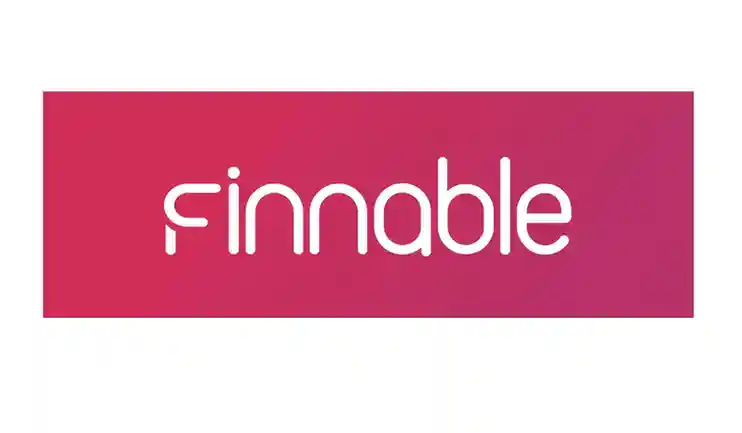


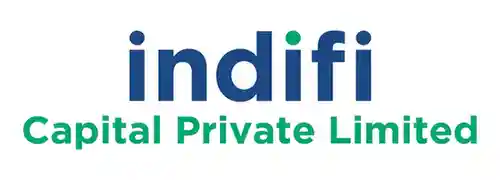

















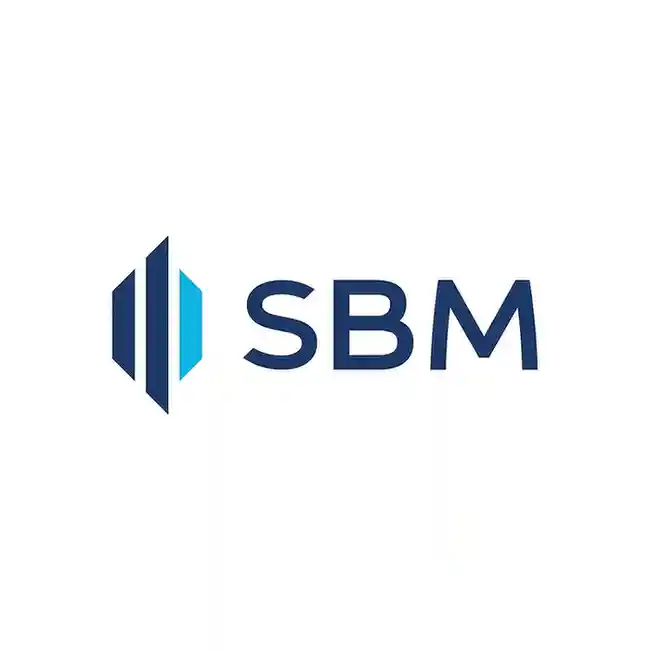












Disclaimer: All bank logos are the property of their respective owners and are used for reference only.
Why Choose Finlends for Home Loan
-
Expert Financial Guidance
- Our loan consultants possess deep industry knowledge and years of experience in the home loan sector.
- We analyze your financial profile comprehensively to recommend the most suitable home loan products that align with your budget, income stability, and long-term financial goals.
- Our personalized approach ensures you make informed decisions without falling into debt traps.
- FinLends maintains strategic partnerships with 50+ leading banks and NBFCs, including SBI, HDFC, ICICI, Axis Bank, and specialized housing finance companies.
- This extensive network empowers us to negotiate better terms, competitive interest rates, and favorable loan conditions on your behalf.
- Our approach potentially saves you lakhs of rupees over the loan tenure.
- We believe in complete transparency with no hidden charges or surprise fees.
- Our consultation is clearly communicated upfront, and we ensure you understand all applicable charges from lenders, including processing fees, administrative costs, and insurance requirements.
- This transparency helps you budget effectively and avoid unexpected expenses.
- Time is crucial in property transactions.
- Our streamlined processes and strong lender relationships enable faster document verification, credit assessment, and approval timelines.
- Most home loan applications processed through FinLends receive approval within 7-15 working days, helping you secure your dream property without delays.
- From initial consultation to loan disbursement and beyond, FinLends provides comprehensive support throughout your home loan journey.
- We assist with documentation, legal verification, property valuation coordination, and even post-disbursement services like balance transfer or top-up loans when needed.
Key Features & Benefits of Home Loan
-
Competitive Interest Rates
- Secure home loans starting from as low as 7.35% per annum, with both fixed and floating rate options available.
- Our strong lender relationships help us negotiate rates often 0.25%–0.50% lower than standard market rates.
- Translates to significant savings over your loan tenure.
- Access up to 90% financing of the property value for ready-to-move-in homes.
- Up to 80% financing available for under-construction properties.
- High LTV minimizes your down payment requirement, preserving liquidity for other investments or expenses.
- Loan tenures ranging from 5 to 30 years.
- Choose EMIs that comfortably fit your monthly budget.
- Longer tenures reduce EMI burden while shorter tenures save on total interest outgo.
- We help you find the optimal balance.
- Home loan solutions cover apartments, independent houses, villas, plots with construction, and commercial-cum-residential properties.
- Available for properties in metro cities as well as tier-2/tier-3 locations.
- Ensures financing options tailored to your property type.
- Maximize tax savings with benefits under Section 80C (principal repayment up to ₹1.5 lakh).
- Claim Section 24(b) benefits (interest payment up to ₹2 lakh for self-occupied properties).
- Our tax consultants help you optimize these benefits effectively.
Eligibility Criteria For Home Loan
-
Age Requirements
- Salaried Individuals: 21-60 years at the time of application and loan maturity
- Self-employed Individuals: 22-65 years at application and maturity
- Co-applicants can extend the eligibility age, with combined age considerations
- Minimum monthly income: ₹25,000 for salaried individuals in metros, ₹20,000 in non-metros
- Self-employed individuals: Minimum annual business income of ₹3 lakhs
- Combined family income considered for joint applications
- Stable income history for at least 2-3 years required
- Salaried: Minimum 2 years of continuous employment with at least 1 year in current organization
- Self-employed: Business should be operational for minimum 3 years with consistent profit generation
- Minimum CIBIL score of 700 for competitive interest rates
- Scores between 650-699 eligible with slightly higher rates
- Lower scores considered with additional security or co-applicant
- Clean credit history with no defaults or settlements preferred
- Property should be located within lender's approved locations
- Clear and marketable title essential
- Property age limits vary by lender (typically up to 30-40 years)
- Construction quality and builder approvals verified
- Valid identity proof, address proof, and income documentation
- Property papers including sale agreement, title deeds, approvals
- Bank statements, salary slips, ITR for income verification
- Employment proof and business documentation as applicable
How Finlend Works on Home Loans
-
Step 1: Initial Consultation & Assessment
- Your home loan journey begins with a comprehensive consultation where our experts understand your financial goals, property preferences, budget constraints, and timeline requirements.
- We analyze your income, existing obligations, credit profile, and savings to recommend the most suitable loan amount and structure.
- This personalized assessment ensures realistic expectations and optimal loan planning.
- Based on your profile, we prepare a detailed comparison of loan offers from our network of 50+ lenders, highlighting interest rates, processing fees, prepayment charges, and special features.
- Our recommendation considers not just the lowest rate but also factors like processing speed, customer service quality, and flexibility of terms to ensure the best overall experience.
- Our team assists in completing loan applications accurately and compiling all required documents.
- We review your documentation for completeness and compliance, reducing the chances of queries or rejections.
- Applications are then submitted to selected lenders with our endorsement, leveraging our relationships for priority processing.
- We coordinate with lenders during the verification process, ensuring prompt responses to queries and submission of additional documents if required.
- Our team tracks the application progress closely and keeps you informed of each milestone, from initial screening to technical evaluation.
- FinLends coordinates the property valuation by bank-approved engineers and facilitates legal verification of property documents.
- We ensure all compliance requirements are met and assist in resolving any title or valuation issues that may arise during this critical phase.
- Once approved, we review the sanction letter terms carefully with you, explaining all conditions, interest rate applicability, charges, and repayment schedule.
- We negotiate any unfavorable terms where possible and ensure you fully understand your commitments before acceptance.
- We coordinate the final disbursement process, ensuring all pre-disbursement conditions are fulfilled.
- This includes completion of property registration, insurance arrangements, and execution of loan agreements.
- Our team ensures smooth fund release to complete your property purchase seamlessly.
- Our relationship doesn't end with disbursement.
- FinLends provides ongoing support for EMI planning, prepayment strategies, balance transfer opportunities, and top-up loan requirements.
- We remain available for any loan-related queries or assistance throughout your repayment journey.
List of Required Documents For Home Loan
-
Identity & Address Verification
- PAN Card (mandatory)
- Aadhaar Card with valid address
- Passport (if applicable)
- Recent passport-size photographs
- Latest 6 months' salary slips
- Form 16 or Income Tax Returns for last 2-3 years
- Bank statements for last 12 months (salary account)
- Employment certificate or offer letter or Appointment letter
- Employee Id Card
- ITR with computation for last 3 years
- Financial statements (P&L, Balance Sheet) - Audited - If Applicable
- Business + Saving bank statements for last 12 months
- Business license/registration certificates
- Professional qualification certificates (if applicable)
- Sale agreement or booking receipt
- Title deeds and chain documents
- Property tax receipts and utility bills
- Building plan approvals and occupancy certificate
- Society formation documents (for flats)
- NOC from builder/society
- Property insurance documents
- Existing loan statements and repayment records
- Credit report from CIBIL or other bureaus
- Asset and liability statements
- Marriage certificate (for joint applications)
- Co-applicant's complete documentation
- Power of attorney (if applicable)
- Overseas employment documents (for NRIs)
Applicable Fees & Charges on Home Loan
-
Processing Fees
- Standard Range: 0.25% to 1.00% of loan amount + GST
- Minimum Fee: ₹2,500 to ₹5,000 + GST
- Maximum Fee: ₹50,000 to ₹1,00,000 + GST
- Special Benefits: Processing fee waivers during promotional periods or for preferred customer categories
- FinLends Advantage: We negotiate for reduced processing fees and keep you informed about ongoing promotional offers
- Documentation Fees: ₹2,000 to ₹5,000 + GST
- Legal Verification: ₹2,500 to ₹7,500 depending on collateral location
- Technical Evaluation: ₹2,000 to ₹5,000 for property valuation
- CIBIL & Credit Report: ₹1,000 to ₹2,500 + GST
- File Processing: ₹1,500 to ₹3,000 + GST
- Property Valuation: ₹5,000 to ₹15,000 + GST
- Legal Opinion: ₹3,000 to ₹8,000 + GST
- Mortgage Registration: 0.25% to 1.00% of loan amount (state-wise variation)
- Stamp Duty: As per state government rates on mortgage documents
- Document Preparation: ₹2,000 to ₹5,000 + GST
- Forex Card Charges: ₹500 to ₹1,500 per card
- Wire Transfer: ₹1,000 to ₹3,000 per international transaction
- Demand Draft: ₹500 to ₹1,000 per DD
- Currency Conversion: Prevailing exchange rates + 1-2% margin
- Multiple Disbursement: ₹500 to ₹1,500 per additional disbursement
- Floating Rate Loans: Free prepayment after 6-12 months
- Fixed Rate Loans: 2-3% of outstanding amount (if applicable)
- Part Prepayment: Usually free for amounts above ₹25,000-₹1,00,000
- Full Foreclosure: 1-2% of outstanding amount (varies by lender)
- EMI Bounce: ₹300 to ₹750 per instance
- Late Payment Penalty: 1-2% per month on overdue amount
- Cheque Dishonor: ₹300 to ₹500 per occurrence
- Default Interest: Additional 2-3% per annum on overdue amount
- Interest Rate Conversion: ₹2,500 to ₹10,000
- Loan Restructuring: 0.25% to 0.50% of outstanding amount
- Top-up Processing: 0.50% to 1.00% of additional amount
- EMI Date Change: ₹500 to ₹2,000 per request
- Statement & Certificate: ₹100 to ₹500 per document
- All charges are indicative and may vary based on lender policies, loan amount, and individual circumstances.
- FinLends ensures complete transparency in fee disclosure before loan processing.
Frequently Asked Questions (FAQs) About Home Loans
Home Loan EMI Calculator
Calculate your EMI for different interest rates, loan amounts and loan tenures, using Finlends’s EMI Calculator.
Principal Amount
Interest Amount
Loan EMI
66,736
Loan EMI
₹66,736
Principal Amount
₹50,50,000
Interest Amount
₹29,58,335
Total Payable Amount
₹80,08,335
How to use Finlends’s EMI Calculator?
Finlends’s EMI Calculator is easy, intuitive, and instantaneous. Calculate the EMI for your Home Loan, Car loan, Personal Loan, Education Loan, or any other fully amortising loan using our EMI Calculator.
All you need to do:
- The loan amount you wish to avail (in rupees)
- The term of your loan (in months or years)
- The rate of interest (in percentage)
Step 1
Enter your Loan Amount
Step 2
Set Interest Rate
Step 3
Choose Loan Tenure
Result
View EMI & Break-up